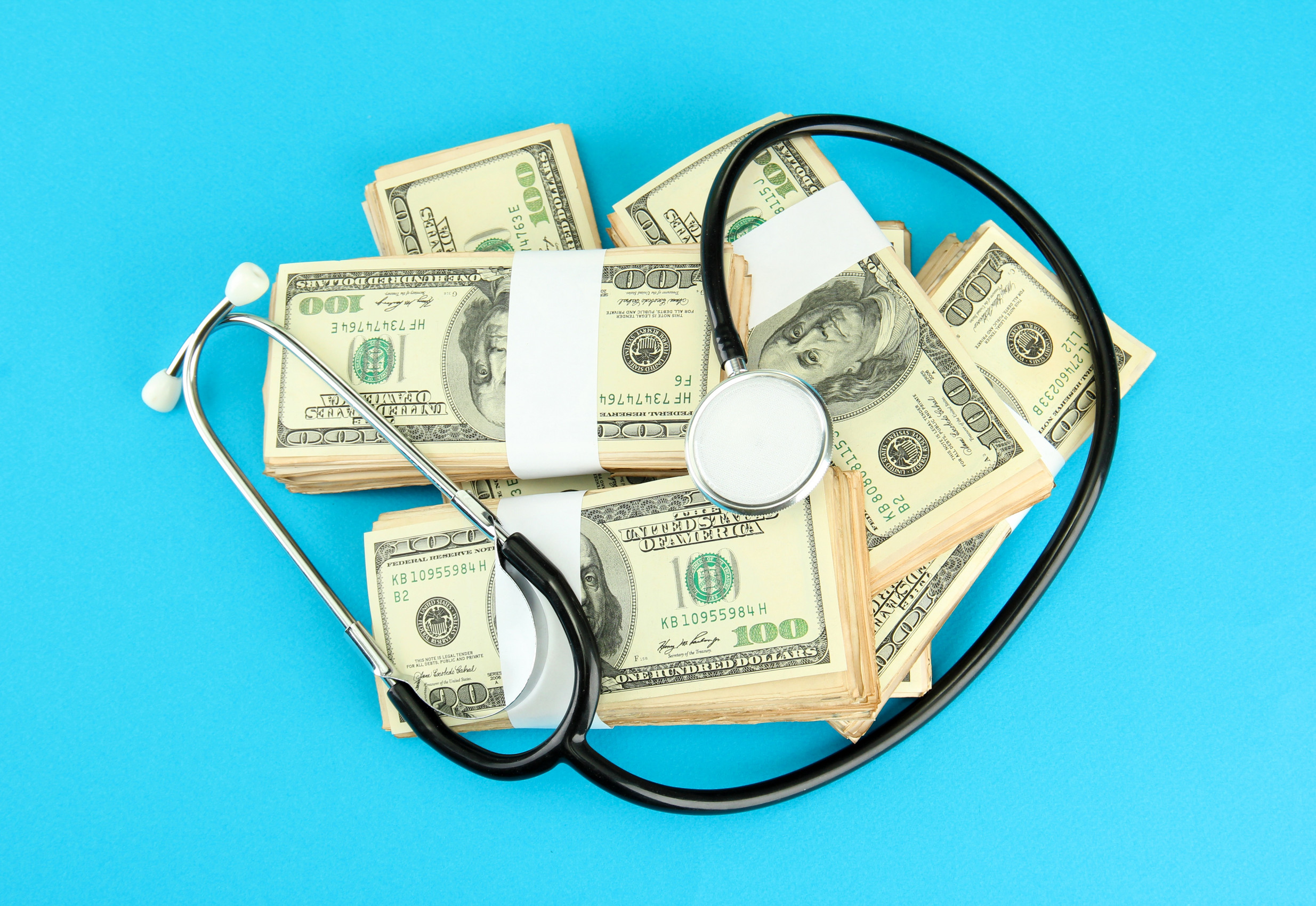
Bringing a baby into the world is an emotional, life-changing experience—and unfortunately, it also makes you a prime target for scammers. New moms are often tired, overwhelmed, and trying to make the best decisions for their families, which makes them especially vulnerable to offers that seem helpful or urgent. Scammers know this and have developed tactics specifically designed to exploit that vulnerable time. From fake health products to fraudulent billing schemes, medical scams targeting new moms are more common—and convincing—than you might think. Here are seven scams to watch out for so you can stay informed and protect your family.
1. Fake Breast Pump Programs
One of the most common medical scams targeting new moms involves fraudulent companies claiming to offer free breast pumps through insurance. These companies may ask for your Social Security number, insurance details, or even credit card information under the guise of billing your provider. Once they have that data, they may never send the pump—or worse, submit false claims under your name. Legitimate providers will never pressure you over the phone or ask for excessive personal information. Always confirm with your insurance company directly before ordering medical equipment from a third party.
2. Bogus Cord Blood Banking Offers
Cord blood banking is a personal decision, but scammers have turned it into a money-making opportunity by posing as “discounted” services. These companies may create convincing websites or send targeted ads promising premium storage for a low fee. What they don’t reveal is that many of them are unlicensed or don’t actually store the cord blood at all. This can leave families thinking their child’s genetic material is safely stored when it isn’t. If you choose cord blood banking, verify the company’s credentials and look for FDA registration and accreditation.
3. Phony Postpartum Health Supplements
Medical scams targeting new moms often prey on the desperation to feel better after birth. Some products claim to restore energy, balance hormones, or help with breastfeeding—but they’re neither tested nor approved. In some cases, these supplements contain harmful ingredients or don’t disclose what’s in them at all. Just because something is labeled “natural” doesn’t mean it’s safe. Always consult your doctor before taking anything, especially if you’re breastfeeding or recovering from surgery.
4. Fake Pediatrician or Hospital Bills
New moms are often juggling paperwork, appointments, and insurance claims, so it’s easy to miss a red flag in a bill. Scammers take advantage of this by sending fake invoices that look like they’re from a pediatrician’s office or hospital. They may even use the names of real doctors or facilities. The bills are usually for small amounts—just enough to seem plausible without raising suspicion. Before paying any medical bill, call the provider directly to confirm it’s legitimate.
5. Breastfeeding “Consultant” Impostors
Breastfeeding support is a critical service, but scammers have started posing as certified lactation consultants to take advantage of new moms. These impostors may offer virtual sessions for a fee or try to sell expensive equipment or herbal remedies. They often lack credentials and use pressure tactics to make you feel like their help is urgent and essential. Always verify certifications through trusted organizations like the International Board of Lactation Consultant Examiners (IBLCE). A real consultant will never make you feel rushed or unsafe.
6. Insurance Enrollment Scams
Medical scams targeting new moms also include fraudulent calls claiming to be from your insurance company. The scammer may say your baby isn’t covered or there’s an issue with your postpartum benefits. In a panic, you might hand over sensitive information, thinking it will help resolve the issue quickly. These scams often result in identity theft or unauthorized charges. If you get a call like this, hang up and call your insurance provider directly using the number on your ID card.
7. Social Media Medical “Experts”
It’s easy to stumble across someone on Instagram or TikTok claiming to be a baby expert with miracle products, courses, or treatment plans. But many of these so-called experts have no formal training, and some are selling dangerous misinformation for profit. Medical scams targeting new moms through social media are especially dangerous because they often go unregulated and are hard to trace. Follow evidence-based sources and consult licensed professionals before acting on medical advice you see online.
Empower Yourself with Knowledge and Caution
New motherhood comes with enough stress—you shouldn’t have to worry about falling victim to a scam on top of everything else. While most companies offering support to moms are legitimate, it only takes one wrong click or call to put your finances, privacy, or health at risk. Staying cautious, verifying credentials, and trusting your instincts can go a long way toward protecting yourself and your baby. When in doubt, ask questions and slow down.
Have you ever been targeted by one of these medical scams—or almost fallen for one? Share your experience in the comments to help other moms stay safe!
Read More:
8 Reasons It’s So Easy To Scam Older Women and How to Avoid It
“Go Ask Your Mom”: 7 Situations Dads Expertly Deflect
The post Beware Moms: 7 Medical Scams Targeting New Moms appeared first on Everybody Loves Your Money.







